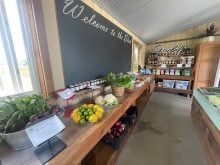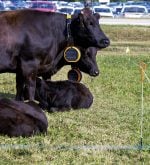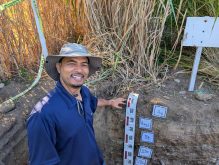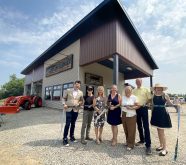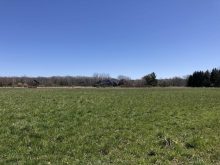Farmers and the food industry have roles to play as greater emphasis is placed on sustainable farming practices.
Representatives from across the food supply chain recently discussed the producer/industry relationship at Valley Bio Farms near Cobden, hosted by Foodbridge’s Beth Hunter and Valley Bio owner Reuben Stone. Valley Bio produces, cleans and sells seeds for field and cover crops.
Why it matters: Farmers feel pressure to meet new standards from buyers, but often don’t have a route to make more money from their increased work.
Read Also
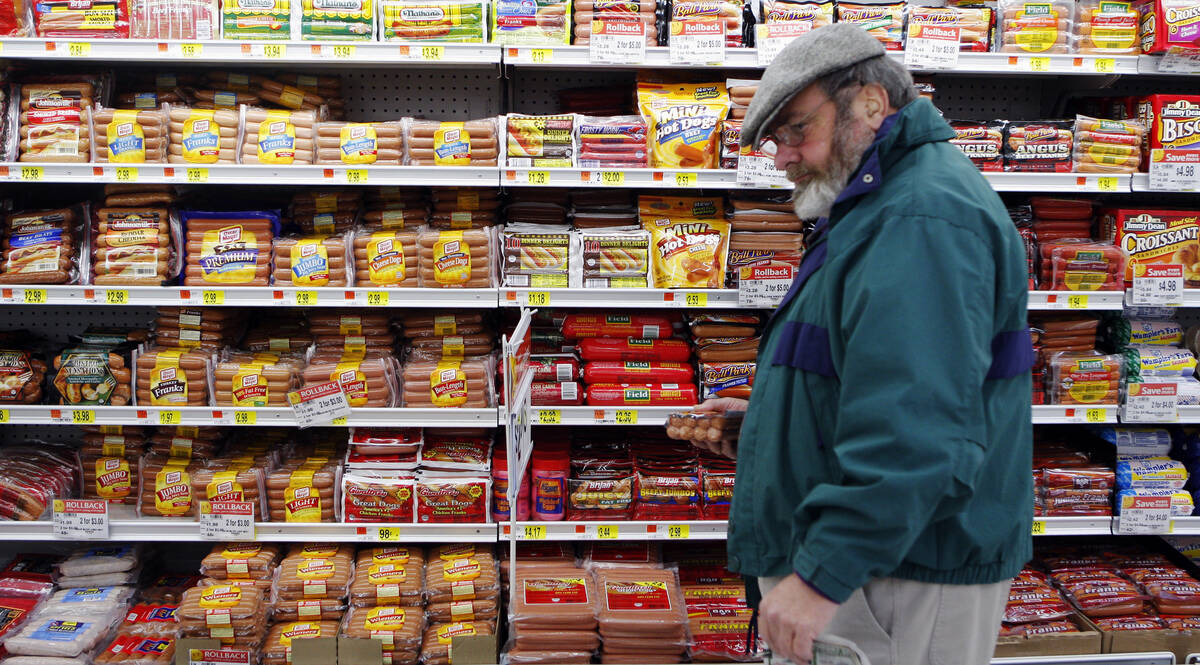
Canada seventh-most influential country on agri-food
Report from Dalhousie University and MNP shows Canada ranks seventh among G20 countries on agri-food influence.
The panel discussion ranged from the use of cover crops in brewing to sustainable grass-removal practices. Panelists spoke about how the farmer/industry relationship has changed and influenced their operations.
“I’ve worked most of my career in non-profit organizations somehow related to food or farming,” Hunter said. “A couple years ago, decided I really wanted to do something more concrete in relation to biodiversity and the climate crisis and decided to create this initiative.”
Foodbridge aims to build sustainable agriculture systems.
“One of the areas where there’s momentum building is with buyers (and) food companies that are setting targets. Often those are net-zero targets, or sometimes biodiversity or regenerative agriculture targets.”
Panelists described how they found opportunities for sustainable production or distribution within their operations.
Max Meighan, founder of Avling, a restaurant and brewery in Toronto, said he was inspired to create a dining experience that used sustainability and cover crops use as a selling point.
“I had the good fortune of going to a restaurant in the Hudson Valley,” Meighan said. “Their idea was to create demand for cover crops through the restaurant, through the platform they had as a fine dining restaurant.
“That’s where a bit of a lightbulb moment happened for me, and I said ‘OK, maybe a brewing restaurant could step into this process and create a larger market than a bakery, or certainly a restaurant.’”
Avling also uses a rooftop garden that grows hot peppers, strawberries, radishes and garlic used in its dishes.
“I find it’s just a very impactful story, to be able to say, ‘this beer was made from grain that was harvested, and cows went over top of that stubble, so we’ve got beef from that same farm. Next to it is a radish that we’ve grown on the rooftop.’”
Value from barley for brewing
Dean Bowes, co-owner of Mississippi Mills Malting Co. in Pakenham, who joined the panel via Zoom from Winnipeg, said he also saw his brewing operation as a way to add value to cover crops.
“My wife and I took over my family farm about 25 years ago. About 20 years ago, we started farming,” Bowes said. They looked for ways to turn their small farm into something that could support their family.
“Growing to a scale of commodity farming that would support us just seemed kind of unachievable, in a way,” said Bowes.
“We started to look at, where could we add value to the crops that we could grow? That’s where the concept of malting came out of it.”
Now, he receives crops from a neighbouring hay farmer, who rotates into barley.
Grazing where it makes sense
Chris Moore, owner of Shady Creek Lamb Co., offers a sustainable grass-removal service in the form of his sheep, which he often rents to solar farms.
“Having sheep grazing instead of mechanical mowers is huge,” he said. “We’re still learning about getting that carbon down in the soil and increasing that organic matter, and sheep grazing solar panels are one of the best ways to actually do that, I think.”
Shady Creek transitioned from dairy to beef to pasture-based sheep. Moore said that in Ontario, many farmers raise sheep in old dairy bank barns, which can prove difficult.
“You just work yourself to death trying to make a living. When I finally gave up on that and realized there are solar power plants that need grass cut, we started cutting grass at solar power plants with sheep.”
Stone, of Valley Bio, said a big part of his operation is devoted to growing stock for farmers farther south, which he considers mutually beneficial.
“It’s being encouraged, not just by us, but by society as a whole.”
He also spoke about a carrots and sticks mentality within agriculture.
“It depends on the producer if they can look at the consumer from the other end and say, ‘is that consumer telling me how to do something, is that a stick hitting me in the backside, telling me to smarten up, or is it an opportunity, a carrot, to be a leader with something?’”
Other panelists echoed the notion that public perception and good marketing are key to creating a chain of sustainable growth and distribution.
Meighen said it was a challenge to market beer in a way the public can understand and relate to.
“We’ve had to work really hard to kind of understand what goes over peoples’ heads, what people can kind of inherently understand, and really hammer home those points of accessibility.
“There are a dozen steps in there that people have no clue about,” he said, “so we kind of finally have to break it down into really simple little taglines like ‘locally grown beer,’ ‘drink beer, grow soil,’ those kinds of things.”
Questions about the food at Avling are easier to answer.
“We can literally just take them up one flight of stairs.”
On the producer side of the chain, opportunities may not always be there. Bowes said this has been a challenge for him.
“Some customers probably are just so disconnected from agriculture that they don’t even realize that this is a thing,” he said. “There might be a bit of an education there, and others like Max (Meighan) are very, very connected to it, and actually driving it.”
Moore said sustainability is a contributor to his operation’s success.
“To the sustainability point, that’s a huge driver, and it’s a pretty big part of my paycheque.”






